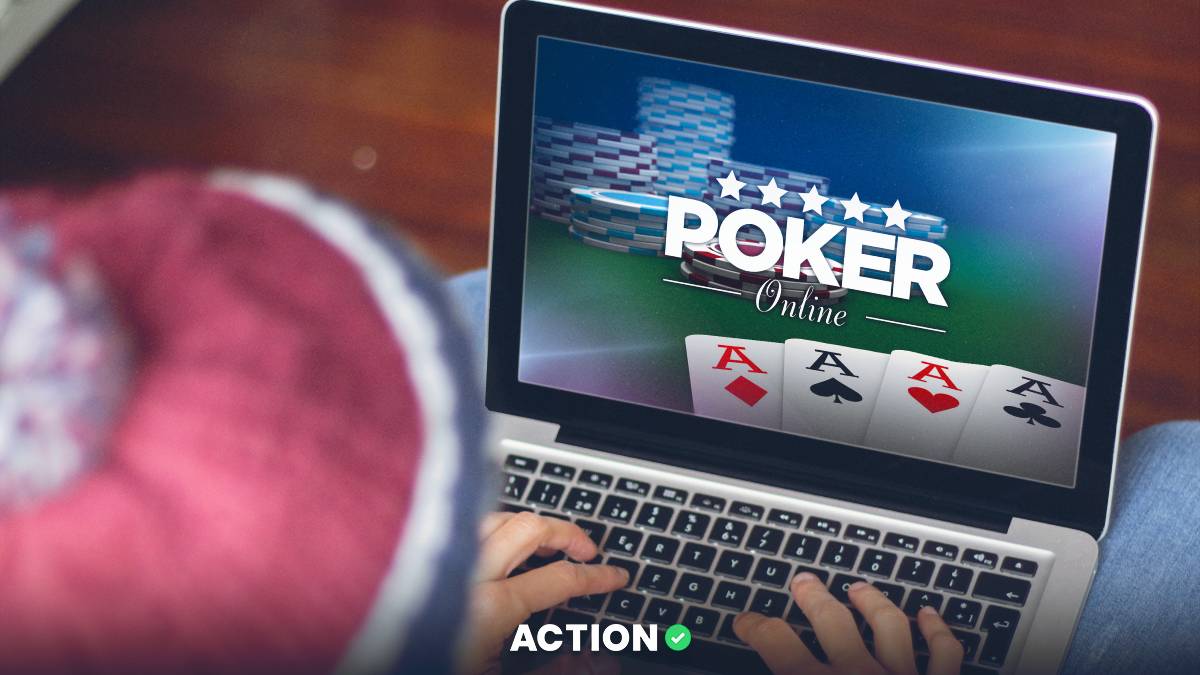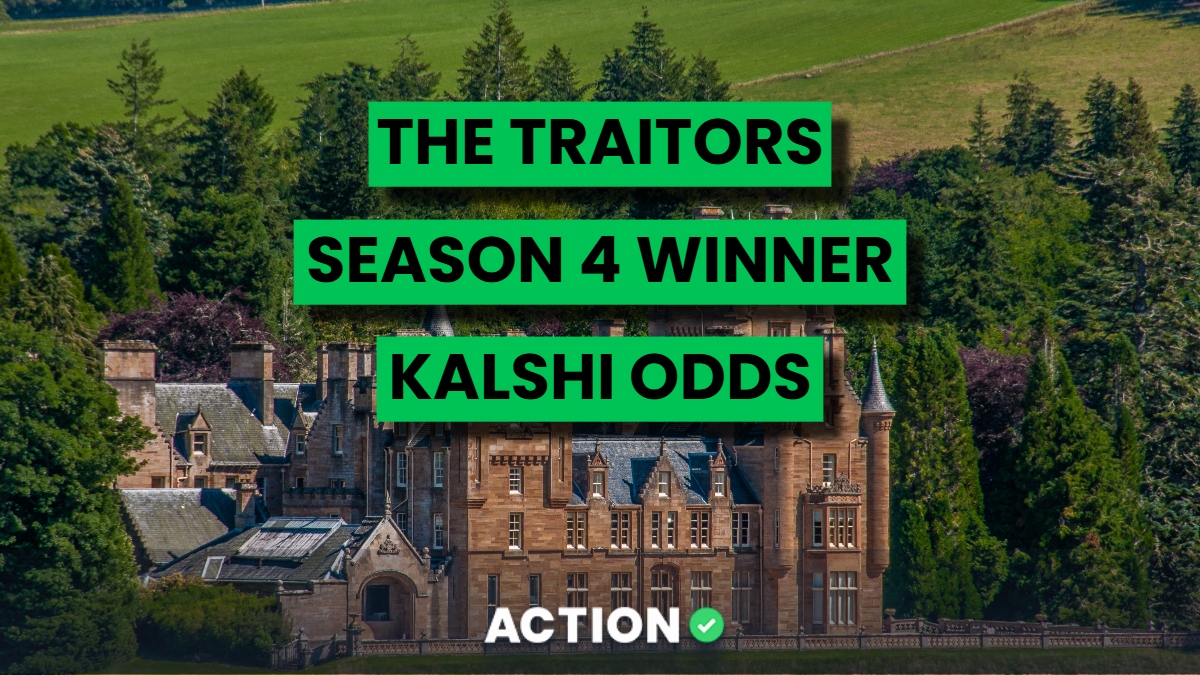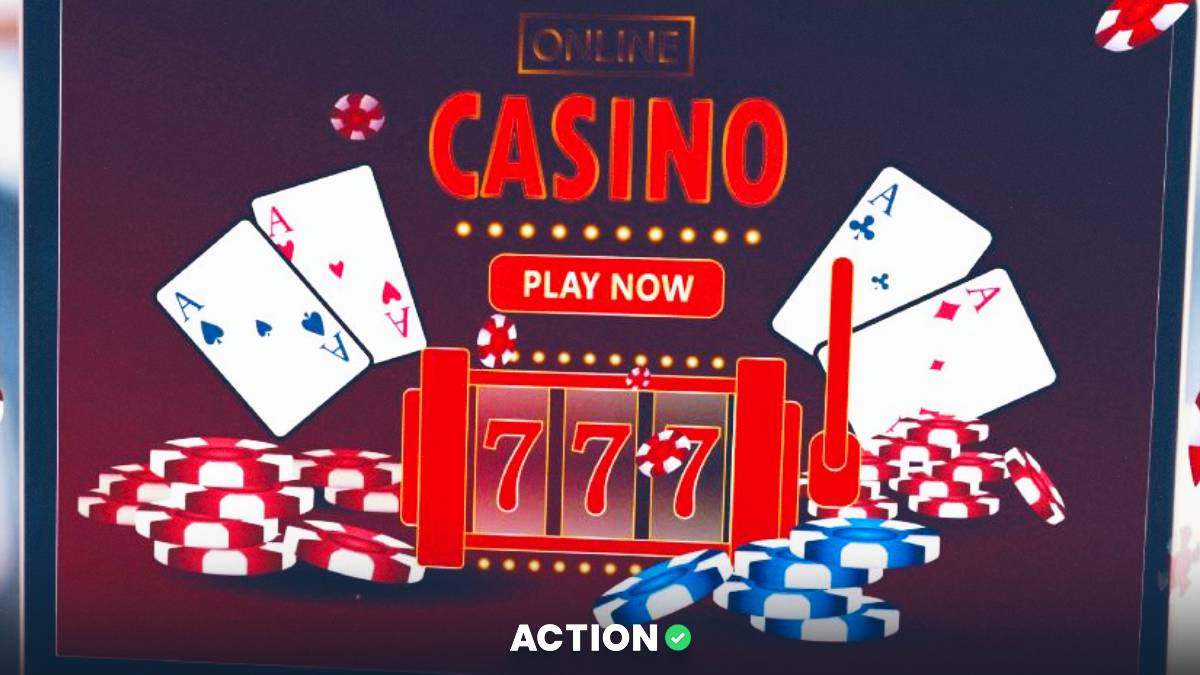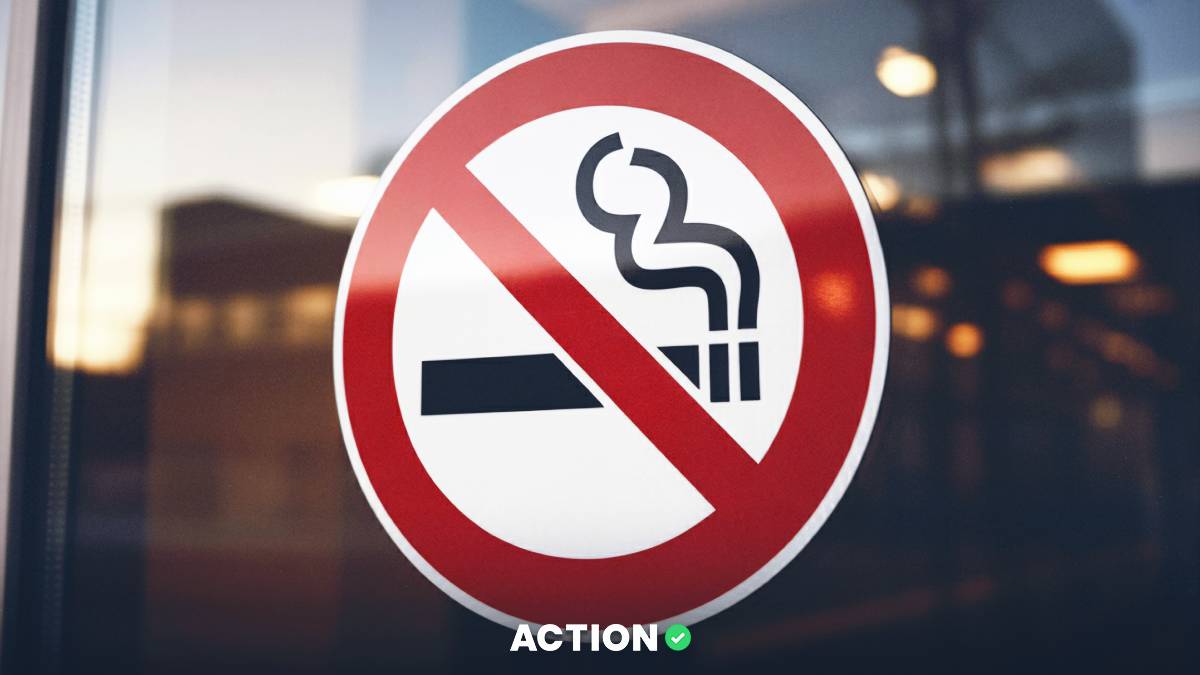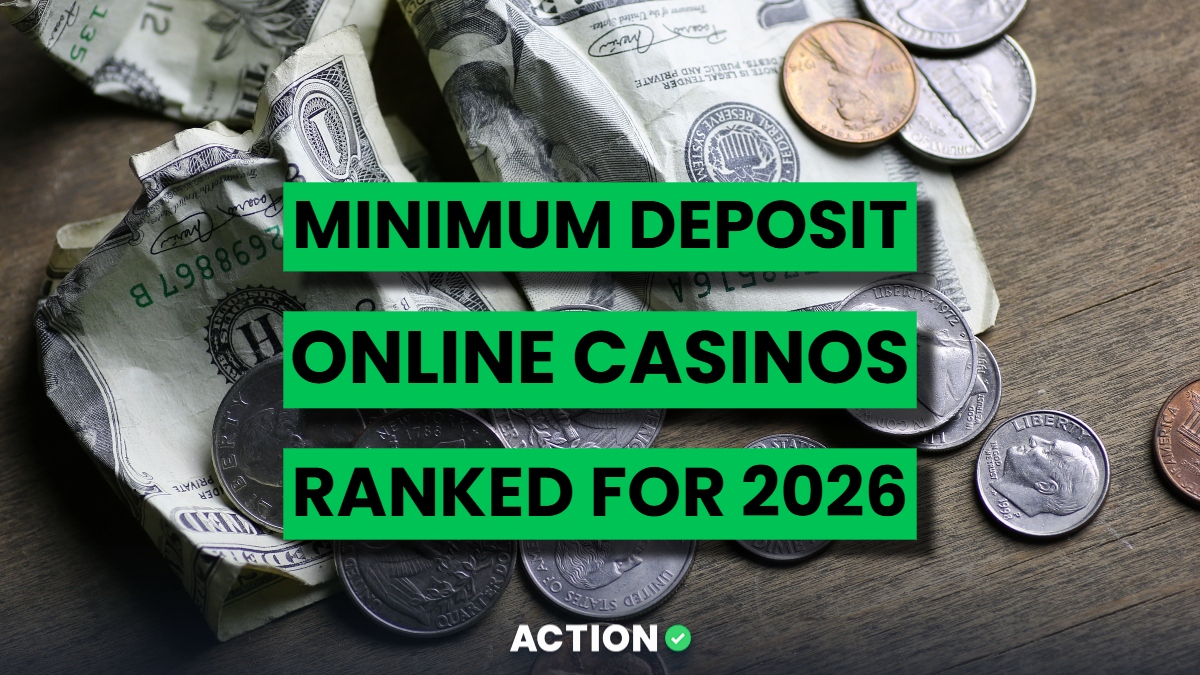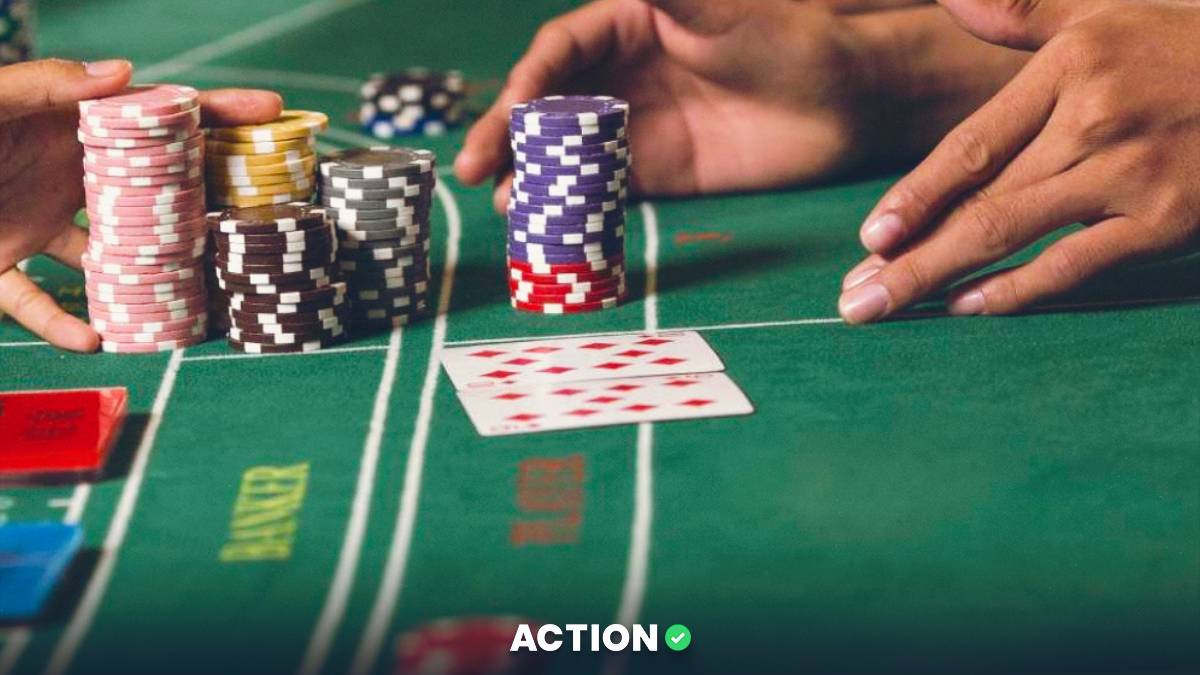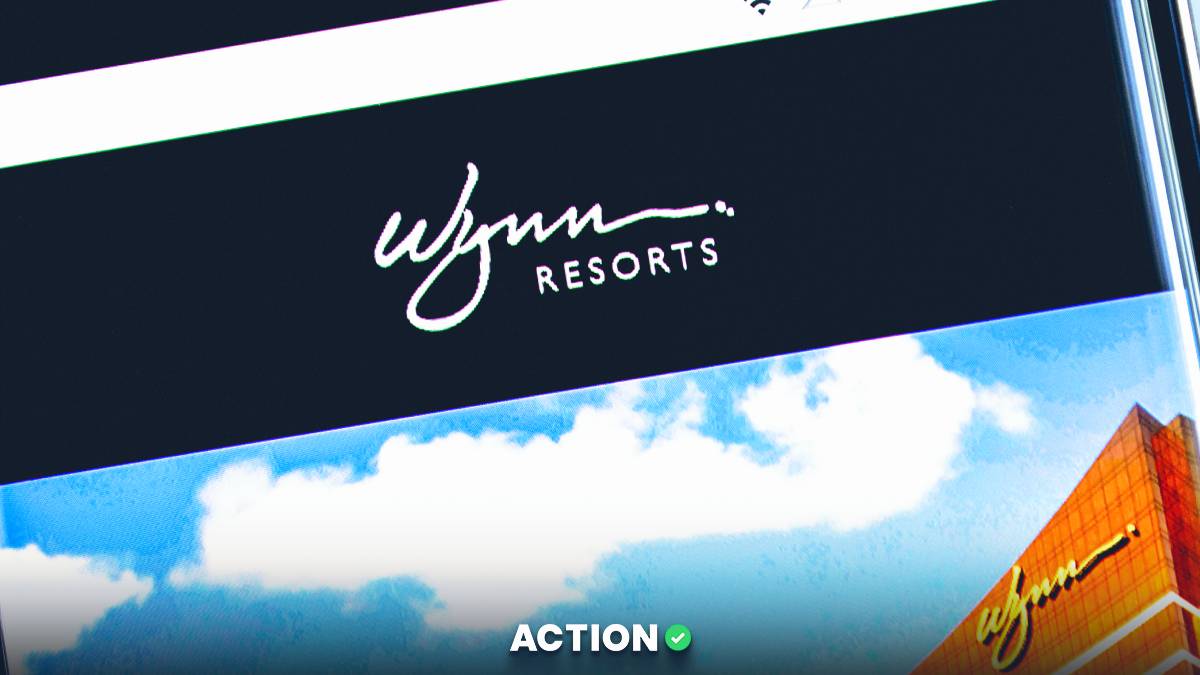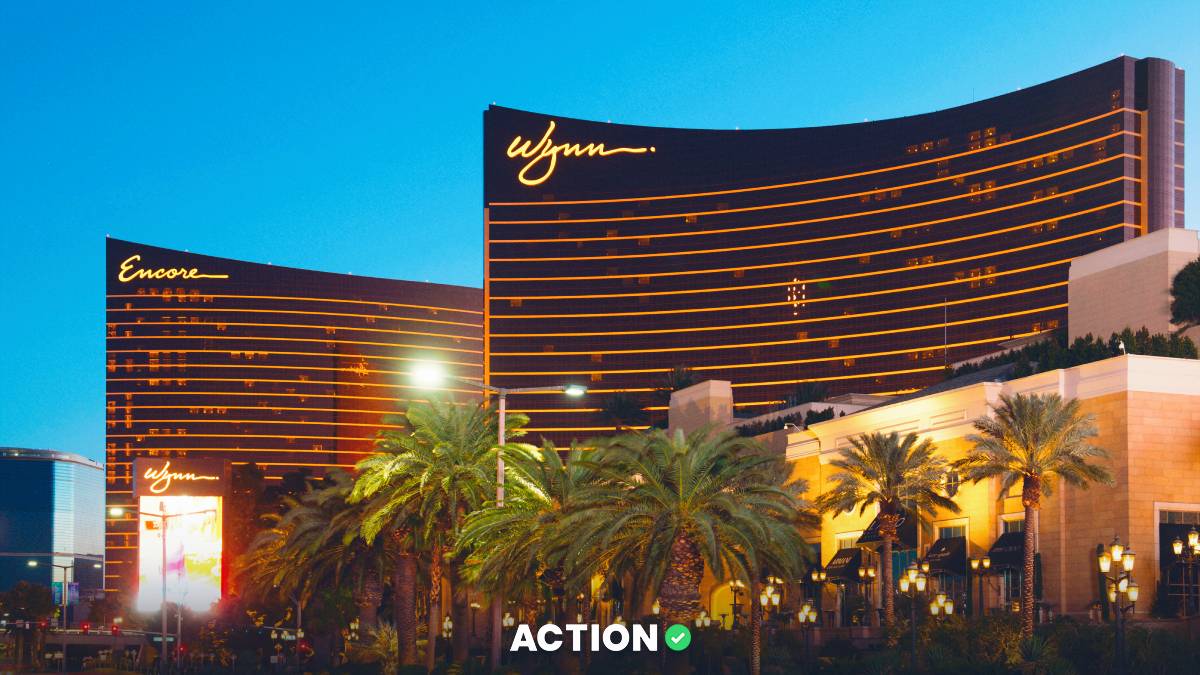The discussion about whether to allow online casinos in Virginia resumed this week.
Virginia lawmakers recently debated the prospect of legalizing online casino gambling, or "iGaming," during a committee hearing held by the Joint Subcommittee to Study the Feasibility of Establishing the Virginia Gaming Commission in Richmond.
The hearing featured presentations from both supporters and opponents of iGaming, with a major focus on balancing potential state revenue generation against regulatory capacity and social risks.
If an online casino bill is ever approved and passed into law, Virginia would join the short list of states that already allow them. Lawmakers may now be seriously considering online casinos as a serious source of revenue for the state, after seeing Old Dominion's traditional casinos surge by almost 43% last month.
Key Themes From the Virginia Online Casino Hearing
Online casino gambling remains illegal in Virginia, even as sports betting and fantasy sports are allowed. Yet, a large illicit market persists, with recent estimates suggesting Virginians wagered up to $16 billion on illegal online platforms in 2024.
Arguments For Legalization:
Delegate Marcus Simon introduced a draft bill to legalize iGaming, arguing that regulation could generate up to $5.3 billion in taxable revenue over five years and reduce the illegal market.
Proponents suggest legal iGaming would "starve bad actors out of business" by offering safer, regulated alternatives. The draft bill proposed consumer safeguards, such as age verification, problem-gambling controls, and a 15% tax rate (mostly for the state General Fund, with a portion for a Problem Gambling Treatment and Support Fund).
Industry experts, like Dave Rebuck (former New Jersey Division of Gaming Enforcement director), cited New Jersey’s experience, arguing that online gaming complemented—not cannibalized—land-based casino revenue.

Arguments Against Legalization:
Critics, including mental health consultant Brianne Doura-Schawohl and the Moose Lodges of Virginia, highlighted potential increases in problem gambling and stressed that Virginia’s current oversight is already stretched. They warned that moving too quickly could worsen regulatory challenges and negatively affect community organizations that rely on existing gaming structures for fundraising.
Additional concerns included lottery officials warning that online casinos might draw revenue away from both retail casinos and the state lottery—potentially reducing funds for schools and other public programs.
Public health advocates pointed to research linking increased gambling accessibility with higher rates of addiction and associated social risks.
The Outlook for New Online Casino Legislation in Virginia
While Delegate Simon's House Bill 2171 and Senator Mamie Locke’s companion bill (SB 827) were both introduced during the 2025 session, neither advanced.
Lawmakers currently agree that creating a unified gaming regulatory body—the Virginia Gaming Commission—must come first. Senate Bill 827 was specifically delayed at the request of its sponsor, with Senator Locke stating that a more in-depth study is needed before moving ahead. Recommendations and new proposals are expected to return for the 2026 legislative session.
Regulatory Reform for Virginia's Online Casinos Is Crucial

At the Richmond hearing, consolidating oversight under a new Virginia Gaming Commission was strongly discussed as a necessary prerequisite to any iGaming expansion.
Presently, the Virginia Lottery acts as an interim regulator for various forms of gaming, but lawmakers cite enforcement gaps and fragmentation as reasons to pause until new oversight is established.
The active casino operators in Virginia are Caesars Virginia, Golden Eagle Corp., Hard Rock Bristol, and Rivers Casino Portsmouth. There is also another casino coming to Norfolk. The temporary facility is going to open soon.
There Is Opposition to Online Casino Bills in Virginia
After 82% of Petersburg residents supported their $1.4 billion casino resort project in November, The Cordish Companies received approval to build it, but they oppose online gambling in the areas where they operate.
Mark Stewart, their General Counsel, explained to lawmakers in Louisiana that online gambling means fewer people visit their physical casinos, leading to lower earnings and less money to put back into the business.
The company also opposes online gambling in Maryland, arguing that allowing it there would result in job losses and negatively impact the state's economy.
Don't Expect Online Casinos in Virginia in 2025
Virginia’s iGaming debate reflects a broader national conversation: Supporters tout consumer protections and fiscal benefits, while opponents urge caution given regulatory, fiscal, and social risks.
No legalization is imminent in 2025, but lawmakers plan continued study, aiming for a clearer regulatory path in 2026
For the time being, you can play sweepstakes casinos, which are legal in Virginia.


